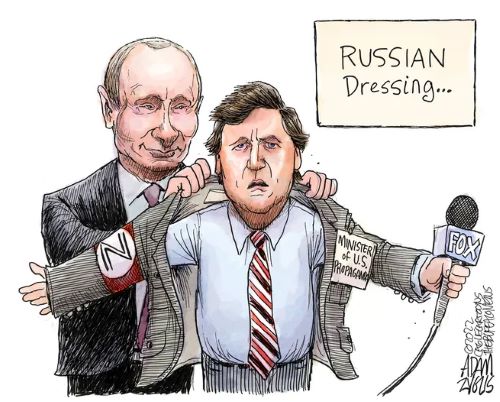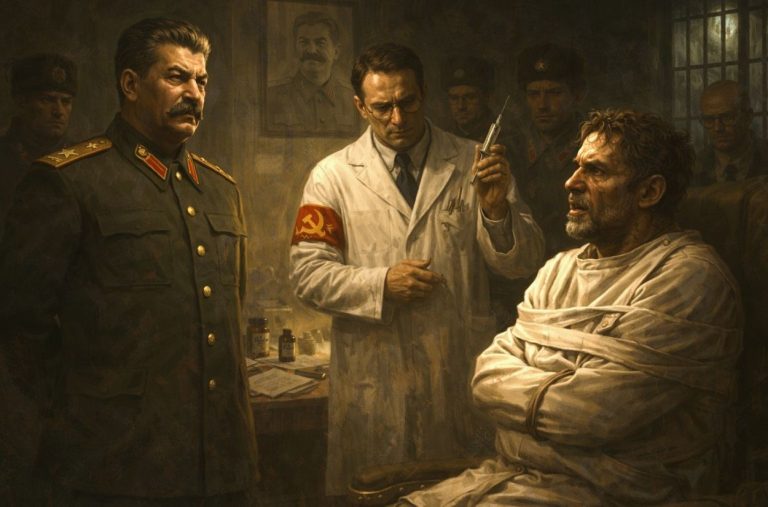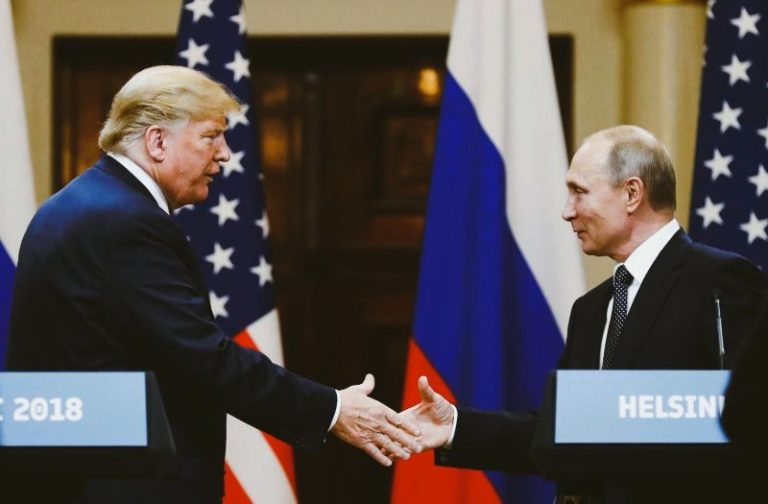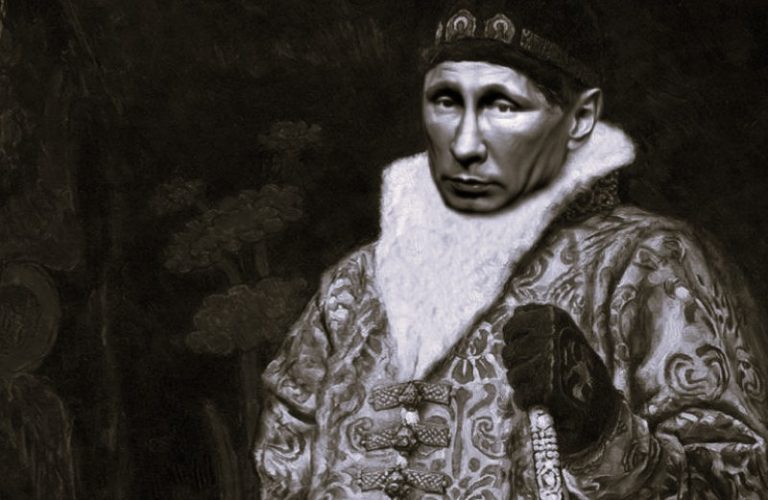

Few have done more than Carlson to lift up the Russian leader as a figure of admiration in GOP circles.

By David Folkenflik
Media Correspondent
NPR
The right-wing television provocateur Tucker Carlson interviewed Vladimir Putin in Moscow in an exchange fueling both the Russian president’s anti-Ukrainian rhetoric and Carlson’s drive for renewed relevance in his post-Fox career.
In a video taped after the interview, Carlson told viewers that he found Putin to be sincere, if not adept at making his case to an American audience. “He denied it, but it’s obvious he’s very wounded by the rejection of the West,” Carlson said. “Like a lot of Russians he expected the end of the Cold War would be Russia’s invitation into Europe.”
It is the first interview Putin has granted to an American since the Russian invasion two years ago.
The pairing should not come as a surprise. Carlson has routinely been lionized by Kremlin propaganda outlets; his clips attacking the Biden administration’s support for Ukraine have been routinely rebroadcast, for example. Russian media has fawned over Carlson this week, giving his comings and goings in Moscow a treatment akin to U.S. media’s coverage of Taylor Swift.
Carlson filmed a video to promote the interview on the rooftop of the Ritz Carlton Hotel near the Red Square, a location that, according to Russian journalist Yevgenia Albats, spoke volumes of the regard the Kremlin held for Carlson.
“Its roof is controlled by one of the KGB’s successors, the Federal Security Service,” she posted on X, formerly known as Twitter. “No one of us, and no one other foreign journalist, except for Oliver Stone, had that luxury of reporting from the roof top.”
Few have done more than Carlson to lift up the Russian leader as a figure of admiration in Republican circles, just as he has propelled the otherwise relatively obscure Viktor Orban, Hungary’s autocratic leader, to star status.
In that promotional video, Carlson had said he wanted to interview Putin about the war in Ukraine to learn the truth – and because other American journalists were too biased against Russia to want to do so.


